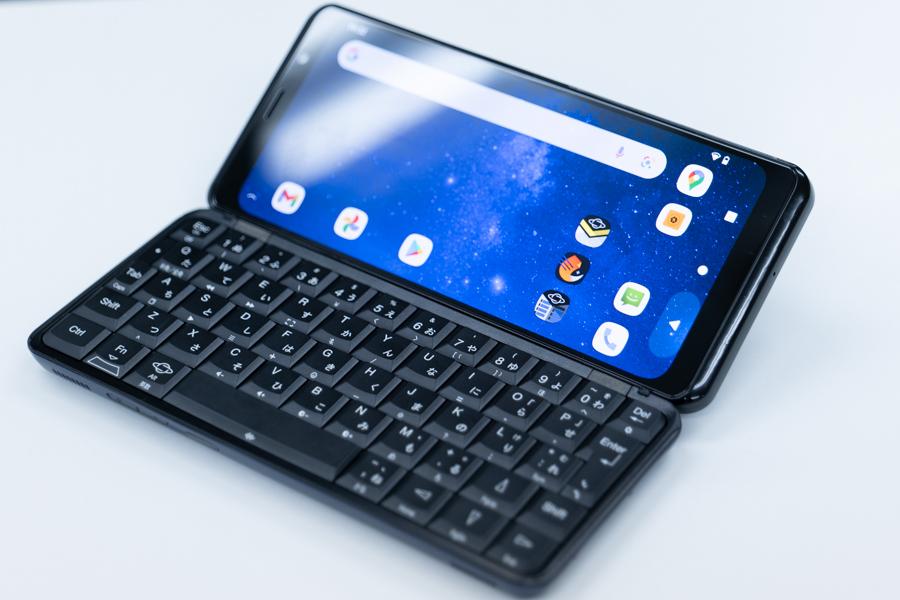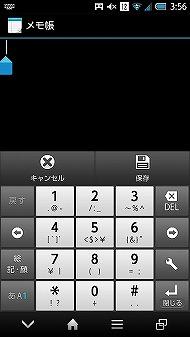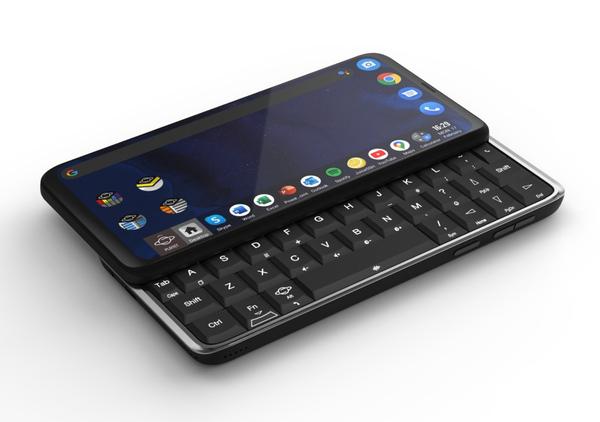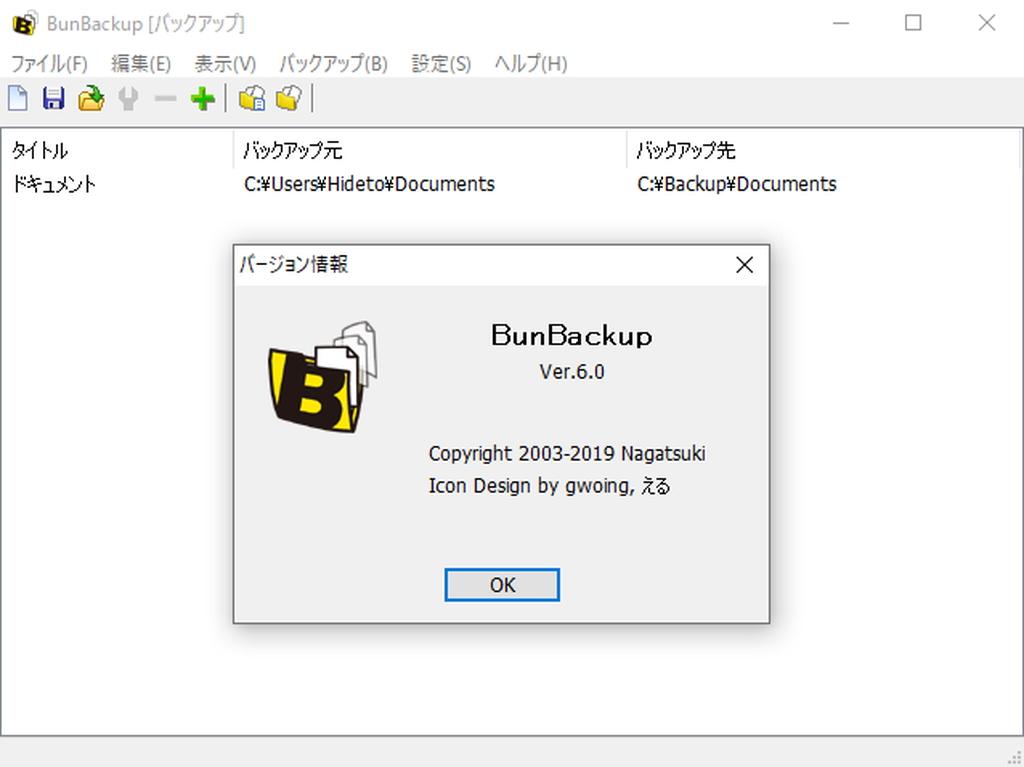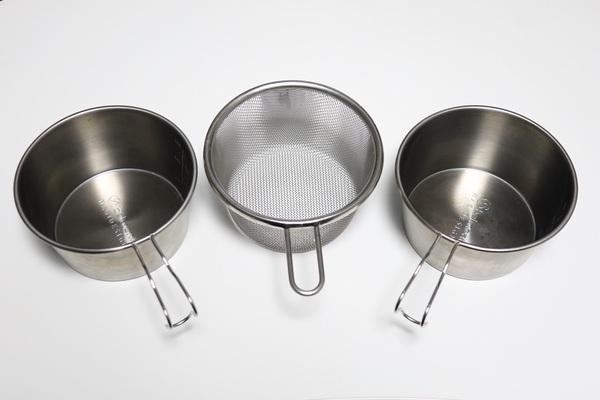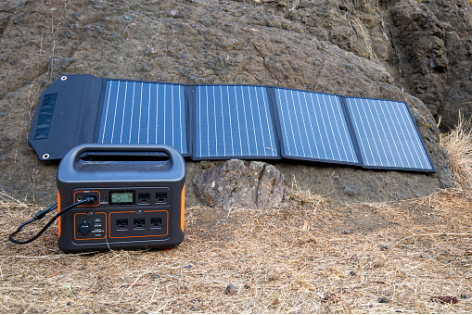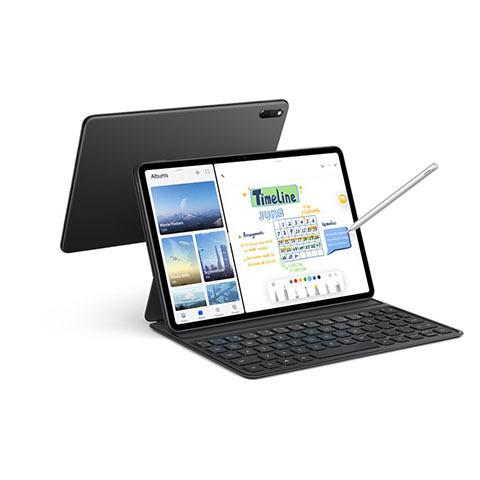Essential Tips for Maximizing Solar Power
- 1121
- 98
Essential Tips for Maximizing Solar Power
- By huaweicomputers
- 07/12/2023
Solar power has emerged as a major renewable energy source, offering a sustainable and eco-friendly alternative to traditional power-producing methods. Whether you own a home, own a business, or are just concerned about the environment, reducing your carbon footprint may be as easy as learning about solar energy and putting that knowledge into practice. Make the most of solar energy by following these crucial guidelines.
Tips for Using Solar Powers
· Execute a comprehensive energy audit.
Before you install solar panels, it's a good idea to have an energy audit done to figure out how much energy you use now. Discover where power is being squandered or used inefficiently. Thanks to this audit, you'll know exactly what kind of solar power system you need to suit your energy needs in terms of capacity and size.
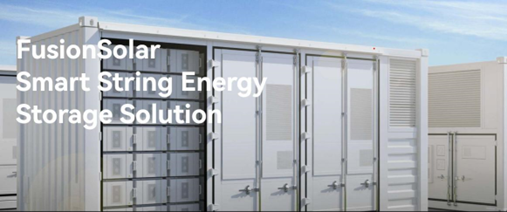
· Position and align the solar panels such that they will produce the most energy.
By carefully planning their placement and orientation, you can get the most out of your solar panels. It is recommended that panels face south (in the northern hemisphere) to maximize the quantity of sunshine that can be received during the day. You need to make sure that they won't be blocked from sunlight by any trees, buildings, or other obstacles.
· Regular maintenance and cleaning.
You can keep your solar panels in top working order by scheduling regular inspections and cleanings. When the panels are not exposed to sunshine, debris such as dirt, dust, or bird droppings might reduce their efficacy. To clean the panels, use water and a gentle brush to eliminate any dust or debris that may have settled on them.
· Invest in energy-efficient appliances.
Integrating a solar power system with energy-efficient appliances is the best way to increase your energy usage. You should replace outdated, inefficient appliances with newer ones that have higher energy efficiency ratings. You can make sure your solar panels are making the most of their energy output by doing this.
· Implement timers or energy-saving measures.
The use of electrical equipment can be controlled during hours of strong sunlight by implementing energy management systems or using timers. When your solar panels are at their most productive, it's best to schedule energy-intensive tasks like washing dishes, doing laundry, or charging electronics to take place at the same time.
· Consider energy storage with batteries.
With solar battery systems installed, you can store solar energy during the day and use it later on when the sun doesn't shine as brightly or when it's dark outside. This allows for more energy independence and the potential for cost savings by reducing reliance on the grid while maintaining a consistent supply of electricity.
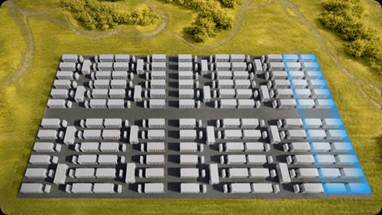
· Monitor your energy consumption.
Use monitoring systems when you wish to maintain tabs on your energy production and usage. This will allow you to assess how well your solar power system is doing and make any required adjustments to maximize its output.
· Learn about all the rebates and incentives that are out there.
Solar energy systems can help you save money by taking advantage of government rebates, tax credits, and incentives. These cost savings allow solar panels to be installed at a lower initial cost, which means they are more accessible to customers.
Conclusion
Solar power is an all-encompassing strategy for the exploitation of sustainable energy; it is not limited to the installation of panels. By implementing these strategies, solar power systems may be fine-tuned for maximum efficiency, cost savings, and environmental friendliness, and this is true for both homes and businesses. With the advancement of technology and the growing awareness of the need for environmental protection, harnessing solar energy is becoming a more practical and crucial step towards a future that is less harmful to the environment.


